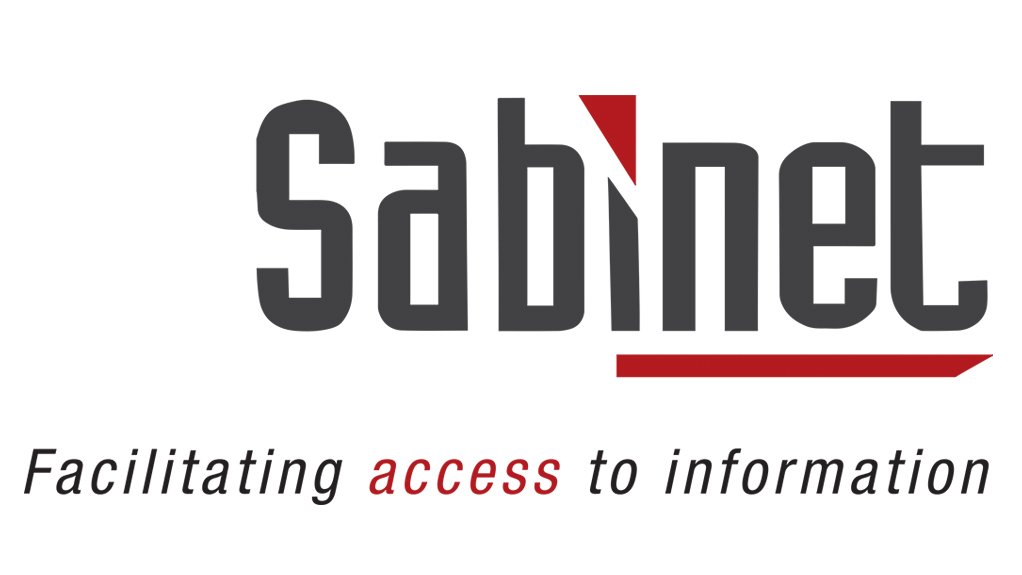The Department of Higher Education and Training says that more than 1,1 million students have enrolled in academic programmes at public universities in 2023, while over 100 000 students have enrolled in private tertiary education. Applications for student loans are anticipated at well over 800 000 students in 2023.
“That is a lot of finance for academic institutions to manage, which is why it is mandatory that they comply with the regulatory frameworks for this industry,” says Sanet Vos, Head of Product at Sabinet. “These institutions must ensure responsible and ethical management of their finances, to protect their financial stability, as well as the interests of the students and other stakeholders. Controlling resources is obligatory to achieve institutional goals, including healthy financial sustainability and good quality education.
“There is a regulatory framework specific to the academic industry, which includes various legislations, Acts, rules and regulations, as well as regulatory instruments applicable to these. Whether you are a compliance officer, an attorney, in the financial department of an institution, or a legal student, you need to understand the full legislation.”
Private and public higher education institutions face a lot of red tape and Governance. Whether seeking accreditation or the provision of student loans and bursaries, the processes can be lengthy and require institutions to meet strict standards in areas such as academic quality, financial stability and governance.
Sabinet’s financial regulatory instruments contain tools and resources designed to help those responsible to comply with the regulations.
The financial regulatory package includes access to financial regulatory instruments, including guidelines, standards, directives, and links to supporting information compiled by Sabinet’s product specialists and expert support and training. “By using these tools, higher education institutions can ensure that they comply with regulations, minimise the risk of financial mismanagement and maintain public trust,” explains Vos.
The Higher Education Act 101 of 1997 provides a framework for the governance and funding of higher education institutions in the country. The Act establishes various bodies, including the Council on Higher Education and the National Student Financial Aid Scheme, to oversee and support the development of the higher education sector. It also includes provisions related to quality assurance, accreditation, and the rights and responsibilities of students and staff in higher education institutions.
The Act establishes the Council on Higher Education, which is responsible for monitoring and regulating the financial affairs of public and private higher education institutions. The Council is tasked with ensuring that institutions are financially sound and that they use their funds in a manner that is consistent with their objectives and with the principles of good governance. In addition, the Act requires higher education institutions to comply with relevant financial reporting and auditing standards, and to provide regular reports on their financial status to the Council.
Higher education institutions are expected to maintain sound financial management practices and to comply with all relevant financial regulations.
Sabinet’s Financial Regulatory Instruments include guidelines, standards and directives, as well as a weekly newsletter with all updates and amendments. With this latest offering from Sabinet, academics have streamlined access in terms of the latest legislation, rules and regulations.
Students studying finance or law would also benefit from having access as the legislation in these fields includes regulatory instruments which they need to understand fully.
To learn more about Sabinet’s Financial Regulatory Instruments, click here.
EMAIL THIS ARTICLE SAVE THIS ARTICLE ARTICLE ENQUIRY
To subscribe email subscriptions@creamermedia.co.za or click here
To advertise email advertising@creamermedia.co.za or click here











